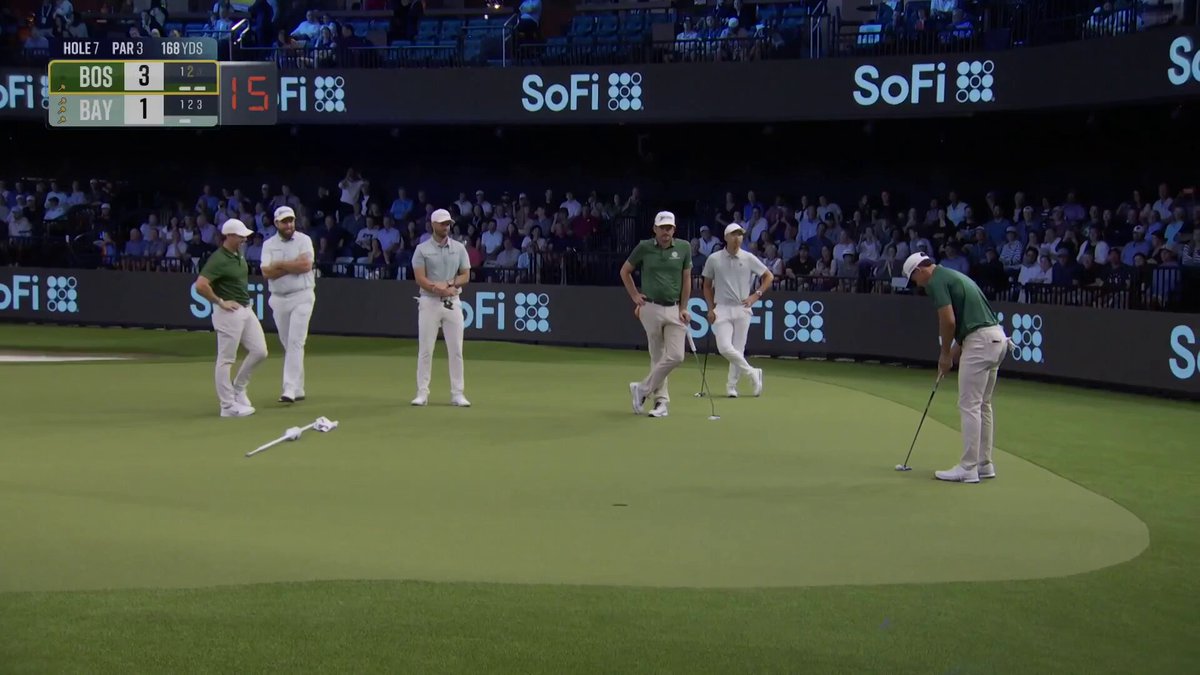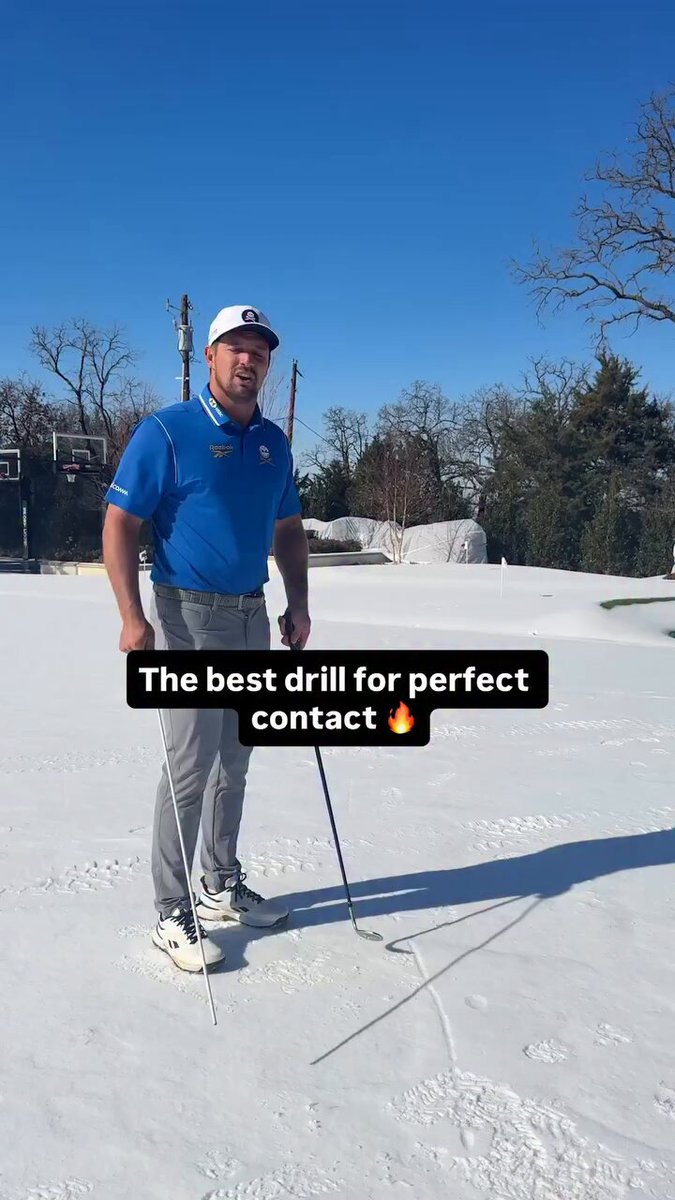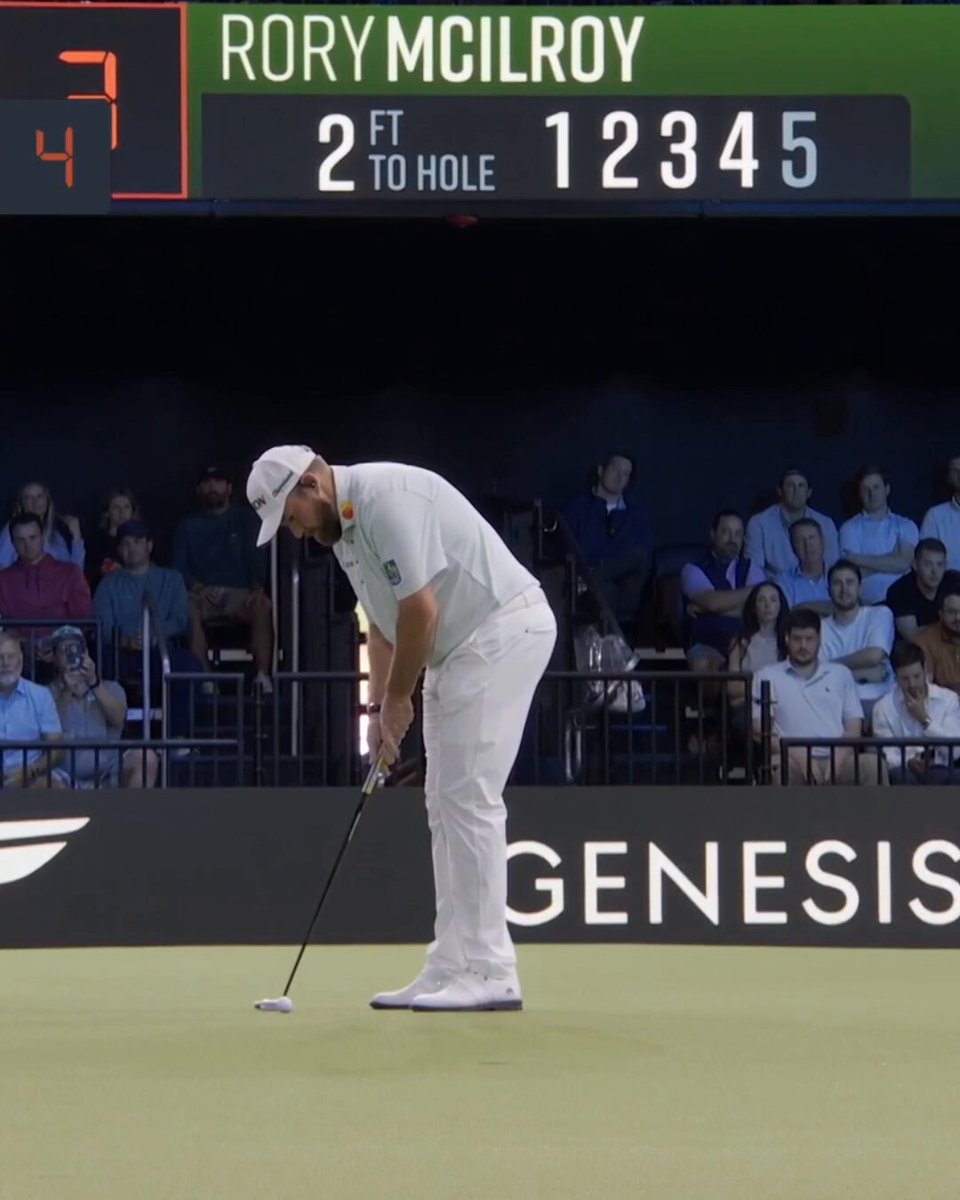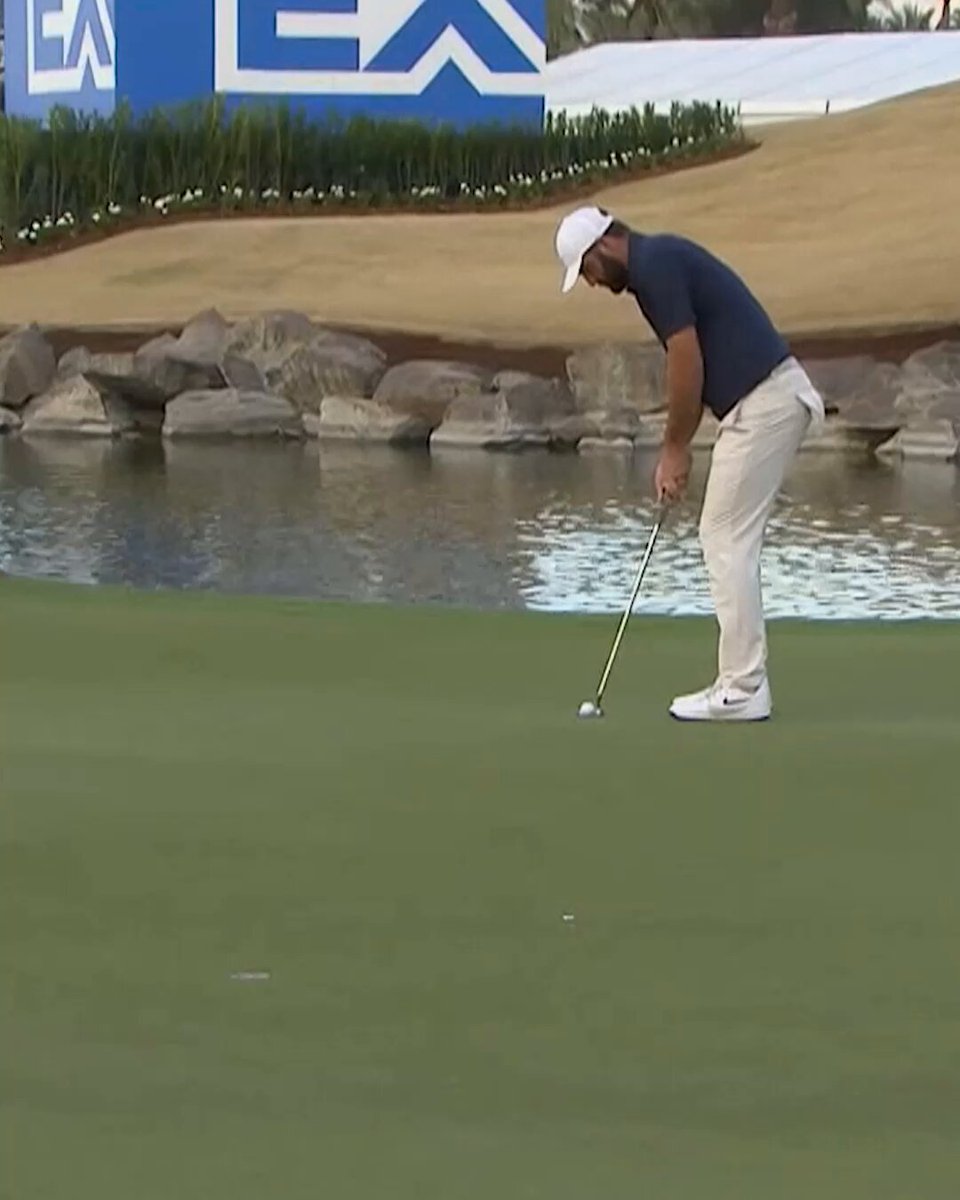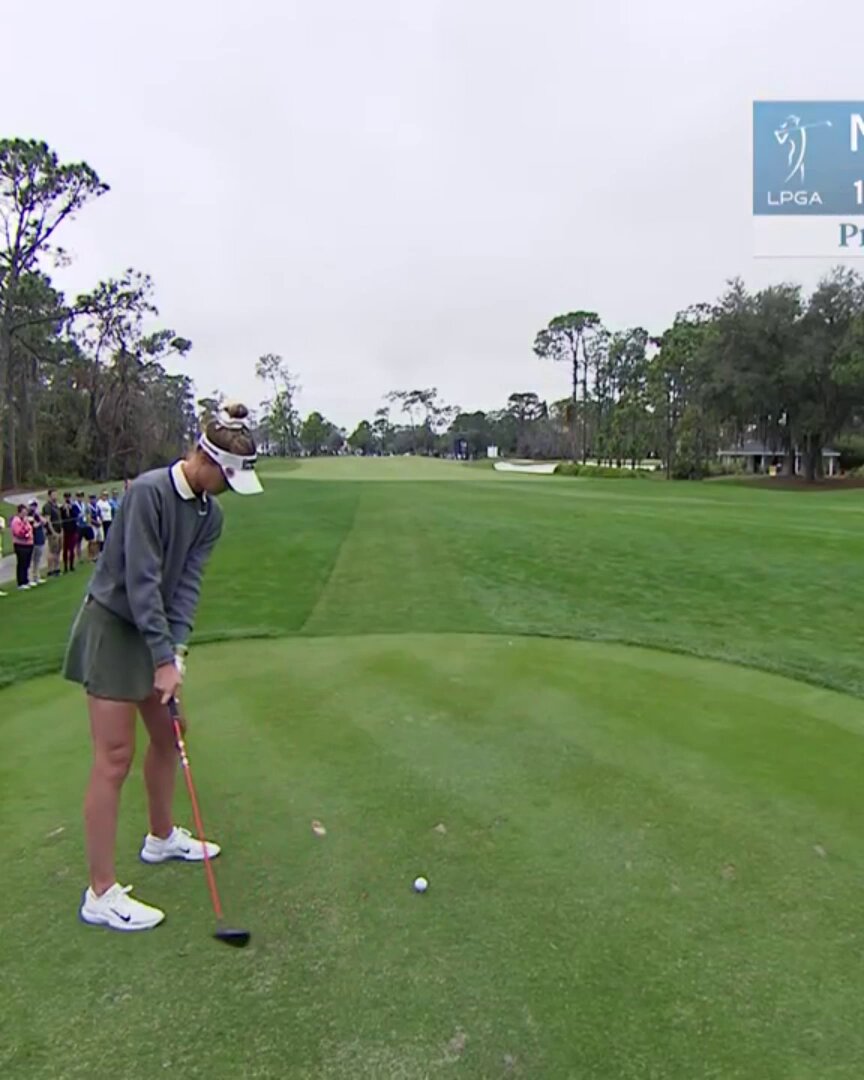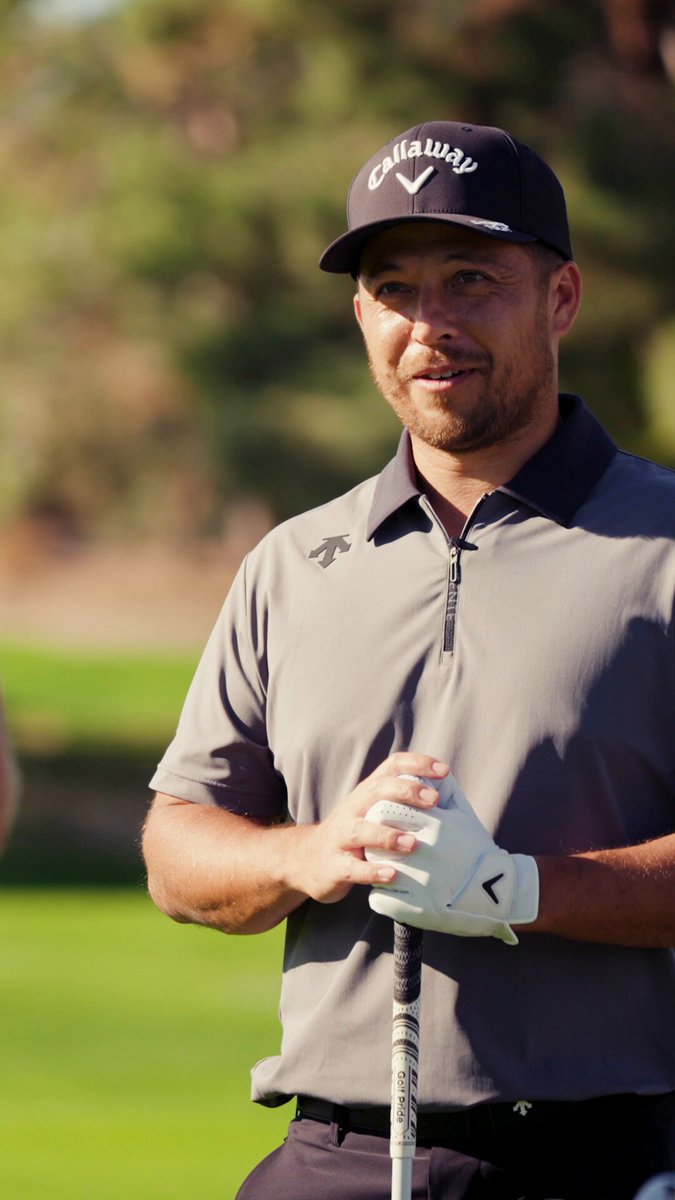Scottie Scheffler is off to a strong start in 2026, demonstrating his exceptional skills at the TaylorMade Spider Tour event. The world number one showed remarkable precision and power, delivering shots that caught the attention of golf fans and experts alike.
Throughout the event, Scheffler’s performance stood out as he consistently executed impressive long-range shots and accurate approaches. His ability to maintain focus and deliver under pressure highlights why he remains a top contender on the PGA Tour.
Highlights from the TaylorMade Spider Tour
The Spider Tour, known for its innovative format and competitive field, provides a platform for players like Scheffler to showcase their talent. His shots during the event were not only powerful but also demonstrated excellent control, a testament to his training and equipment choice.
TaylorMade’s equipment, favored by many top professionals, continues to play a significant role in Scheffler’s game. The synergy between player and gear is evident in the precision and distance he achieves, making him a formidable opponent in any tournament.
Looking Ahead in the 2026 Golf Season
As the new season unfolds, Scheffler aims to build on his momentum. With the American Express Championship still on his radar, fans will be eager to see if he can add this title to his impressive resume. His early form suggests he is well-prepared to compete at the highest level.
Golf enthusiasts should keep an eye on Scheffler’s progress, as his performances often set the tone for the season. The combination of skill, equipment, and mental toughness positions him as a key player to watch.
